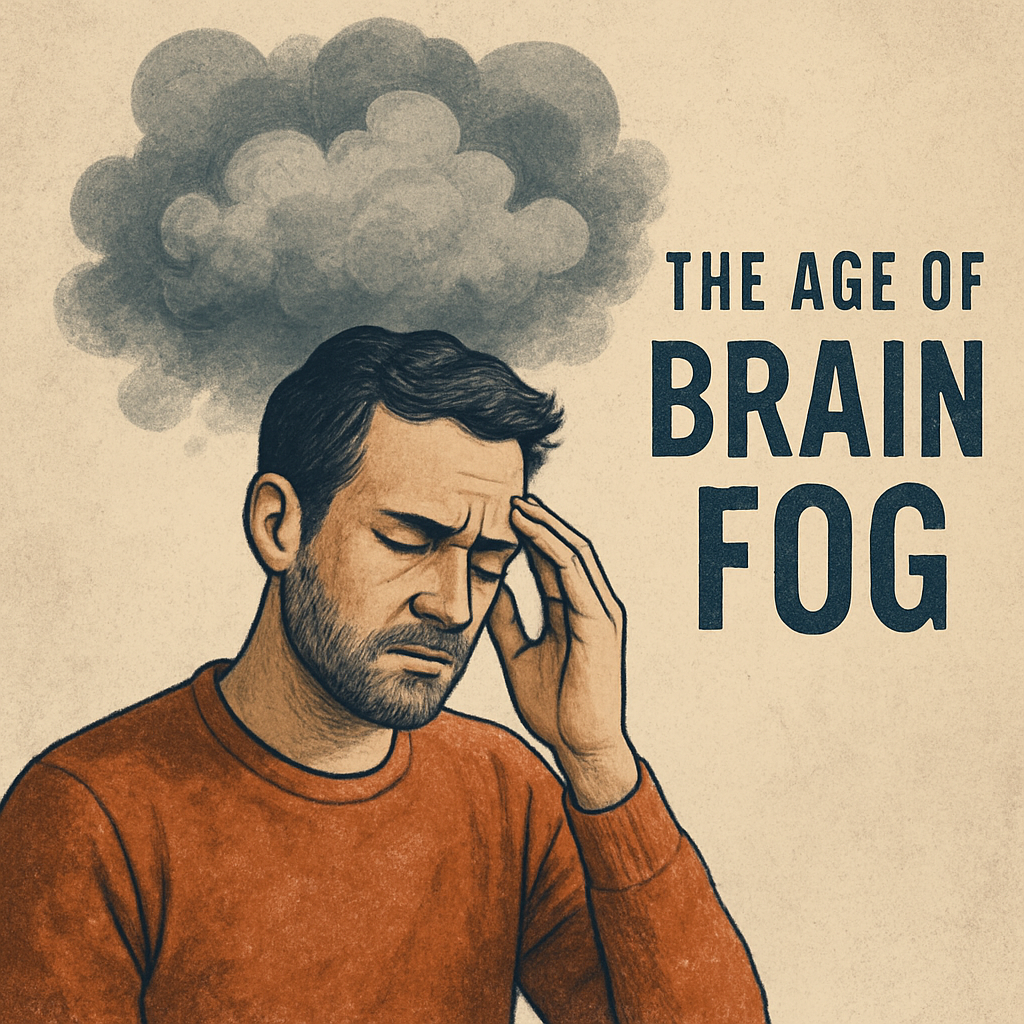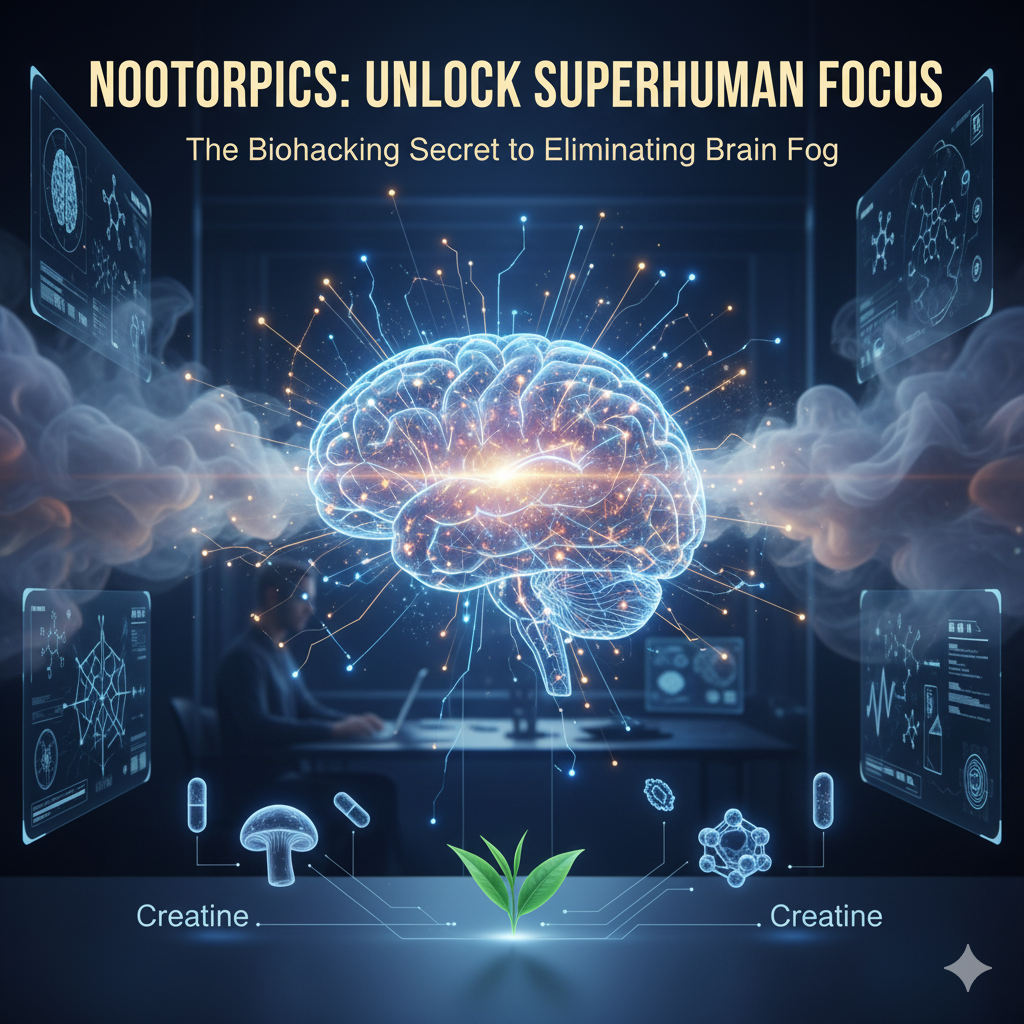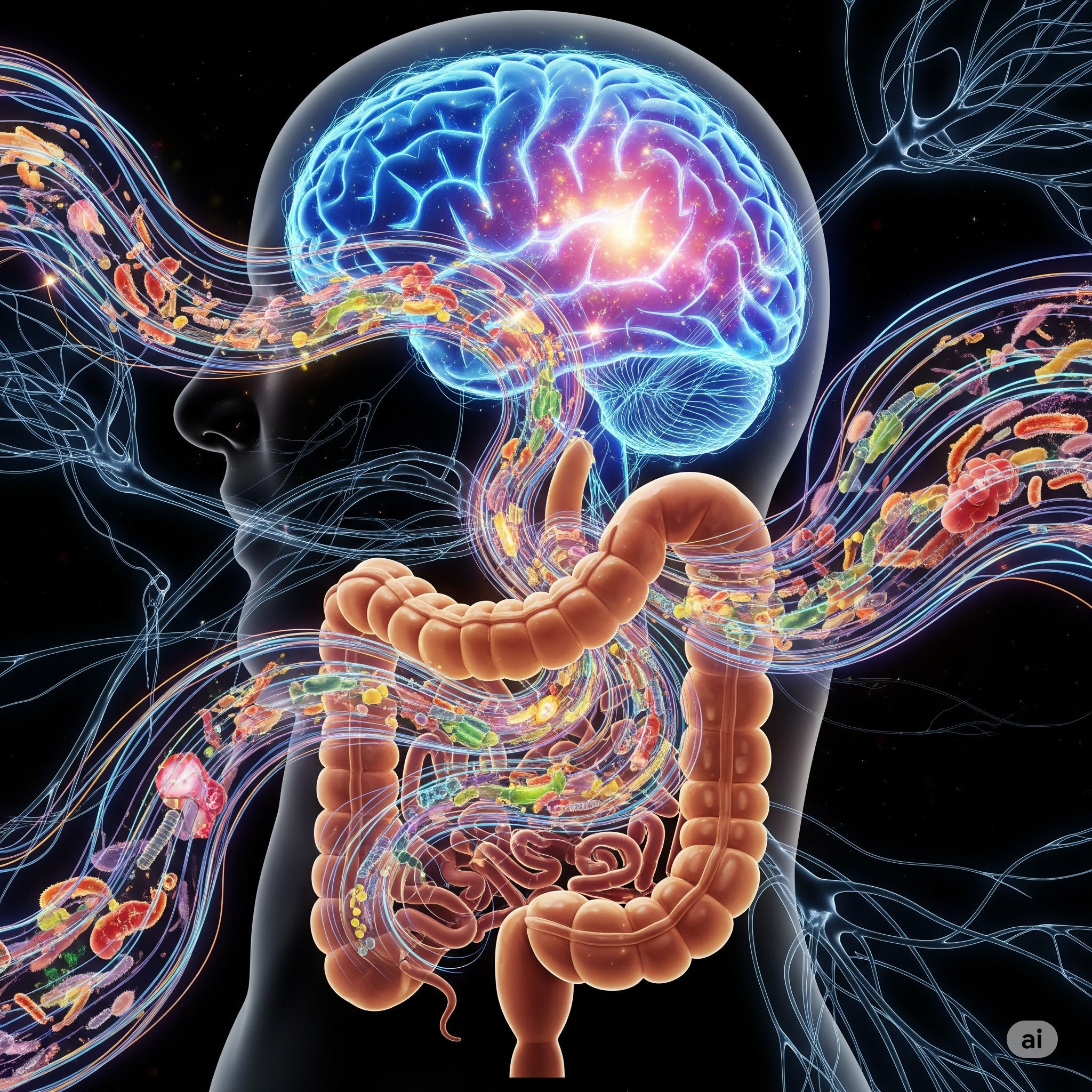Introduction
You wake up, reach for your phone, and already feel behind. Tasks blur together, words escape you, and your brain feels… cloudy. If that sounds familiar, you’re not alone. The term “brain fog” has exploded into public consciousness—used by everyone from TikTok creators to neurologists. But what is it, really?
Is brain fog a symptom of a deeper condition, or a sign of our overstimulated, underslept, tech-saturated modern world? In this article, we’ll explore the biology, psychology, and even philosophy behind brain fog. What causes it, why it’s more common than ever, and how to clear the haze.
1. What Is Brain Fog? Defining the Undefined
Despite its widespread use, “brain fog” is not a medical diagnosis. It’s a colloquial term used to describe a constellation of cognitive complaints, including:
- Mental fatigue
- Forgetfulness
- Difficulty concentrating
- Slow information processing
- Lack of mental clarity
Patients often describe it as “thinking through cotton” or feeling “disconnected” from their thoughts.
While it’s not a disease per se, brain fog is real—and measurable. Neuropsychological testing often shows reduced working memory, attention span, and processing speed in those reporting it.
2. The Many Causes: Sleep, Stress, Diet, and Screens
Brain fog isn’t caused by one thing—it’s often a perfect storm of biological and environmental factors:
💤 Sleep Deprivation
One night of poor sleep can reduce memory performance and concentration. Chronic sleep loss impairs the brain’s glymphatic system, which clears metabolic waste.
📱 Digital Overload
Constant screen time fragments attention, depletes dopamine reserves, and trains the brain to expect short bursts of novelty—making sustained focus harder.
🍔 Inflammatory Diet
Diets high in refined sugar, trans fats, and ultra-processed foods increase systemic inflammation, including in the brain. This affects neurochemical balance and synaptic health.
😰 Stress and Cortisol
High cortisol levels from chronic stress disrupt the hippocampus (memory center) and prefrontal cortex, impairing decision-making and recall.
3. Brain Inflammation: The Silent Saboteur
One emerging theory suggests that neuroinflammation plays a central role in brain fog. Cytokines—molecules released during immune responses—can cross the blood-brain barrier and affect neurotransmitter levels.
🧠 Signs of neuroinflammation:
- Mental fatigue
- Mood swings
- Cognitive slowing
- Difficulty multitasking
Studies show that microglial activation (brain’s immune cells) is higher in people with depression, chronic fatigue syndrome, and brain fog symptoms. This suggests a link between immune dysfunction and cognitive sluggishness.
4. Long COVID and the Rise of Post-Viral Brain Fog
The COVID-19 pandemic didn’t just affect the lungs—it redefined brain fog. Millions report lingering mental haze, even months after infection.
How does it happen?
- Direct viral invasion of brain tissue
- Inflammatory cytokine storm
- Oxygen deprivation
- Sleep and anxiety disorders post-infection
A 2023 study in Nature Neuroscience found that even mild COVID cases can reduce gray matter volume in brain areas linked to memory and smell. Post-viral brain fog may persist for 6–12 months or more, especially in those with pre-existing vulnerabilities.
5. The Philosophical View: Consciousness in a Cloud
What does it mean to experience your own thinking as “foggy”?
From a phenomenological perspective, consciousness is not just what we think, but how it feels to be thinking. Brain fog disrupts this flow—creating a sense of alienation from one’s own mind.
Philosopher Maurice Merleau-Ponty described perception as embodied clarity. When that clarity disappears, even basic tasks feel overwhelming. The mind becomes foreign, unpredictable. This isn’t just frustrating—it’s existentially unsettling.
Brain fog, in this sense, may not just be a medical issue, but a crisis of subjectivity.
6. Living in a Hyperstimulated World
The modern environment is cognitively exhausting:
- Endless notifications
- Blue light disrupting circadian rhythms
- Information overload
- Multitasking as the default mode
We were never designed to process this much input at once. As psychologist Daniel Levitin writes, “The brain can’t do multitasking—it does task-switching, and every switch costs mental energy.”
Even the constant pressure to be productive has become a source of burnout and cognitive fatigue. Brain fog may be the brain’s way of saying: “Enough.”
7. Is Brain Fog a Symptom—or a Sign of the Times?
The rise of brain fog may reflect not only individual health struggles, but a cultural epidemic.
We live in an era that prioritizes speed over depth, output over presence, and connectivity over consciousness. The result? A generation of minds that are constantly “on,” but rarely clear.
Brain fog isn’t just about forgetting where you left your keys—it’s about losing your mental center. It’s about a society where clarity itself has become a luxury.
8. How to Clear the Fog: Evidence-Based Tips
The good news? Brain fog is often reversible. Here are research-backed strategies to restore clarity:
1. Prioritize Deep Sleep
- Aim for 7–9 hours
- Avoid screens 1 hour before bed
- Try magnesium, melatonin, or mindfulness apps
2. Anti-Inflammatory Diet
- Eat omega-3 rich foods (salmon, flax)
- Reduce sugar and processed food
- Add turmeric, green tea, and leafy greens
3. Digital Hygiene
- Limit phone use to set windows
- Use “do not disturb” mode
- Take tech-free breaks (especially in nature)
4. Mind-Body Practices
- Meditation increases gray matter density in the hippocampus
- Yoga reduces cortisol and improves sleep
- Breathwork enhances oxygenation and mental clarity
5. Get Checked Medically
If brain fog persists, rule out:
- Thyroid dysfunction
- Anemia or B12 deficiency
- Autoimmune diseases
- Sleep apnea
- Depression or anxiety
Conclusion
Brain fog is more than a buzzword—it’s a mirror reflecting how fragile and overloaded our cognitive systems have become. It tells a story about the limits of modern life and the resilience of the human brain.
By understanding its root causes and taking steps to nurture our minds, we can begin to lift the fog—not just individually, but as a society.
Because sometimes, the clearest thoughts begin when we slow down, unplug, and simply breathe.
- “How Sleep Affects Your Brain: The Neuroscience of Rest”
Sleep is essential for mental clarity. Learn how poor rest fuels brain fog.
👉/sleep-and-brain-neuroscience
- “Is Pain Real? The Philosophy Behind Suffering”
Just like physical pain, mental fog has subjective and neural dimensions. Explore more.
👉Is Pain Real? Exploring the Neuroscience and Philosophy of Suffering: 6 Explanations
- “The Science of Overthinking: Why Your Brain Can’t Let Go”
Overthinking contributes to cognitive fatigue. Here’s what your brain is doing.
👉/science-of-overthinking


